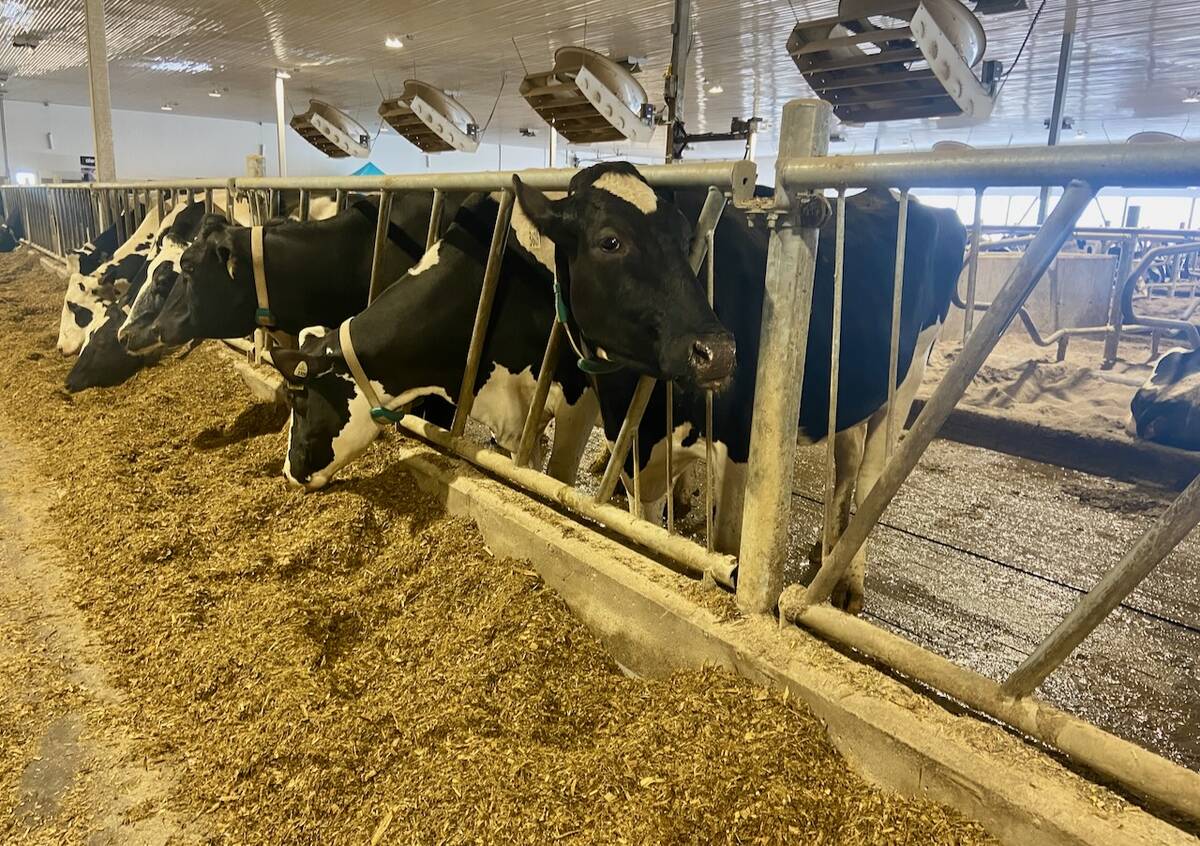RENO, Nev. – An international review that linked red meat consumption to higher levels of colon cancer cited obesity as an even greater threat.
“Obesity may be the most important of all nutrient risk factors for cancer,” said Tim Byers, a researcher at the University of Colorado’s cancer centre and a member of the World Cancer Research Fund report on nutrition and cancer that was released last November.
The United Nations’ World Health Organization has estimated that 15 to 20 percent of cancers are related to obesity and lack of physical activity.
Read Also

U.S. farm group supports supply management
U.S. grassroots farm advocacy group pushing new agriculture legislation that would move towards supply management like Canada has for dairy industry
Excess abdominal fat also an added risk for diabetes and heart disease.
“As our waists get bigger, our risk for colorectal cancer goes up,” Byers said.
American cattle producers discussed red meat consumption and cancer prevention during the human nutrition research session at the National Cattlemen’s Beef Association convention in Reno Feb. 8.
They were told that an extensive research review concluded red meat tended to be more on the adverse side for cancer risk, prompting the review’s 20 member panel to recommend people who eat beef, pork, lamb and goat eat no more than 500 grams per week, including little processed meat.
The researchers were from Europe, Asia and North America and all made consistent observations on diet and cancer links. Their work did not link diet to a higher risk for breast, pancreatic or prostate cancer.
Colorectal cancer has declined in the last 50 years among men and women in the United States, but cases are increasing in China and Japan. Six percent of Americans will get colorectal cancer.
“One of the biggest tragedies in the world is obesity and the development of diabetes, heart disease and cancer because of changing diets in the developing countries,” Byers said.
Other researchers at the session questioned some of the research methods and argued the connection between red meat consumption and cancer was not definitive.
However, Byers said commodity groups do not want to hear their product is causing health problems and will poke holes in research looking for inconsistencies.
Private epidemiologist Dominik Alexander said the research contained flaws because previous literature and research produced inconsistent findings due to the lack of standardized cancer research methods.
“We found that there was no causal association between red meat consumption and these types of cancer.”
However, he agreed that obesity, not enough exercise, too much alcohol consumption and family history can contribute to colon cancer.
David Klurfield of the U.S. Department of Agriculture agreed there are variations in cancer studies using different methodologies. He said eating red meat has significant nutritional benefits, and the government doesn’t plan to change its dietary recommendations on meat servings.
For example, beef is a significant source of protein, zinc and iron. Twenty percent of young women do not get enough iron in their diets.
He also pointed out that people who eat a lot of meat tend to eat fewer fruit, vegetables and fibre.
The genetic predisposition that makes certain people more sensitive to certain cancers needs further exploration.
“We need more answers before we can come to a firm answer,” he said.
For Dr. Eric Westman of Duke University’s medical centre, this contradictory information clouds the issue for doctors trying to make good recommendations to patients.
Reducing red meat consumption probably contributes to better health in a representative population, but he wants more evidence from larger studies when setting public policy such as dietary guidelines.
He too is concerned about obesity and increased carbohydrate consumption in the last 30 years. He said low carbohydrate diets can help people improve cholesterol levels, and lose weight easier than a low fat diet.















